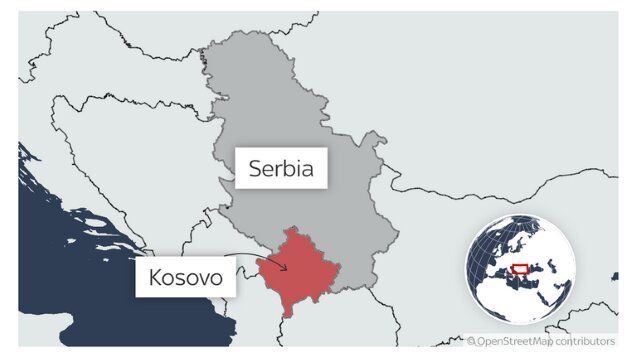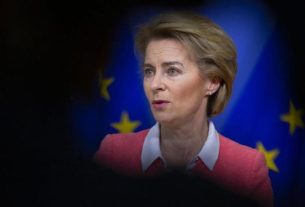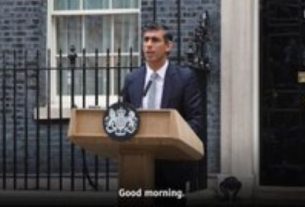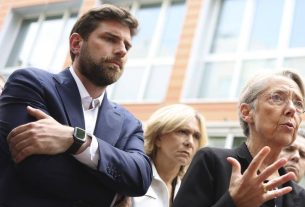The United States has urged Belgrade to pull its forces back from the border with Kosovo after detecting what it called an “unprecedented” Serbian military build-up.
Serbia has deployed sophisticated tanks and artillery near the frontier with Kosovo after deadly clashes erupted at a monastery in northern Kosovo last weekend, the White House warned on Friday.
The violence – in which a Kosovar police officer and three Serb gunmen were killed – marked one of the gravest escalations in tension for years between Serbia and the former breakaway province that is now Kosovo.
“We are monitoring a large Serbian military deployment along the border with Kosovo,” White House National Security Council spokesman John Kirby told reporters.
“That includes an unprecedented staging of advanced Serbian artillery, tanks, mechanised infantry units. We believe that this is a very destabilising development,” he said.
“We are calling on Serbia to withdraw those forces from the border,” he added.
The build-up took place over the past week though its purpose was not yet clear, Kirby said.
US Secretary of State Antony Blinken telephoned Serbian President Aleksandar Vucic earlier on Friday to urge “immediate de-escalation and a return to dialogue”, Kirby added.
Vucic has not directly denied there had been a recent build-up but rejected claims that his country’s forces were on high alert.
“I have denied untruths where they talk about the highest level of combat readiness of our forces because I simply did not sign that and it is not accurate,” Vucic told reporters on Friday.
“We don’t even have half the troops we had two or three months ago.”
Serbia said Wednesday that the defence minister and head of the armed forces had gone to visit a “deployment zone” but gave no further details.
US National Security Adviser Jake Sullivan also spoke with Kosovo Prime Minister Albin Kurti and “expressed concern about Serbian military mobilisations”, according to a statement following the call.
Kurti said later on social media that he had “requested increased assistance against Serbia’s warfare plans” from the US.
The two also “discussed the EU-facilitated dialogue between Kosovo and Serbia, which Mr Sullivan underscored was the only long-term solution to ensuring stability throughout Kosovo”, according to a readout of the phone call.
The military build-up follows clashes last weekend that began when heavily armed Serb gunmen ambushed a patrol a few miles from the Serbian border, killing a Kosovar police officer.
Several dozen assailants then barricaded themselves at an Orthodox monastery, sparking an hour-long firefight in which three gunmen were killed and three were arrested.
Kosovo’s government accused Belgrade of backing the armed operation, while a member of a key Kosovo Serb political party admitted to leading the gunmen, his lawyer said Friday.
Kirby said the attack had a “very high level of sophistication”, involving around 20 vehicles, “military-grade” weapons, equipment and training.
“It’s worrisome. It doesn’t look like just a bunch of guys who got together to do this,” he said.
The NATO peacekeeping force in Kosovo known as KFOR will be “increasing its presence” following the attack, Kirby added.
NATO chief Jens Stoltenberg confirmed that the alliance was ready to boost the KFOR force to deal with the situation.
Kosovo broke away from Serbia in a bloody war in 1998-99 and declared independence in 2008 – a status Belgrade and Moscow have refused to recognise.
Relations have long been strained between Kosovo’s ethnic Albanian majority and Serb minority and tensions have escalated sharply in recent months in northern Kosovo.__aljazeera.com





